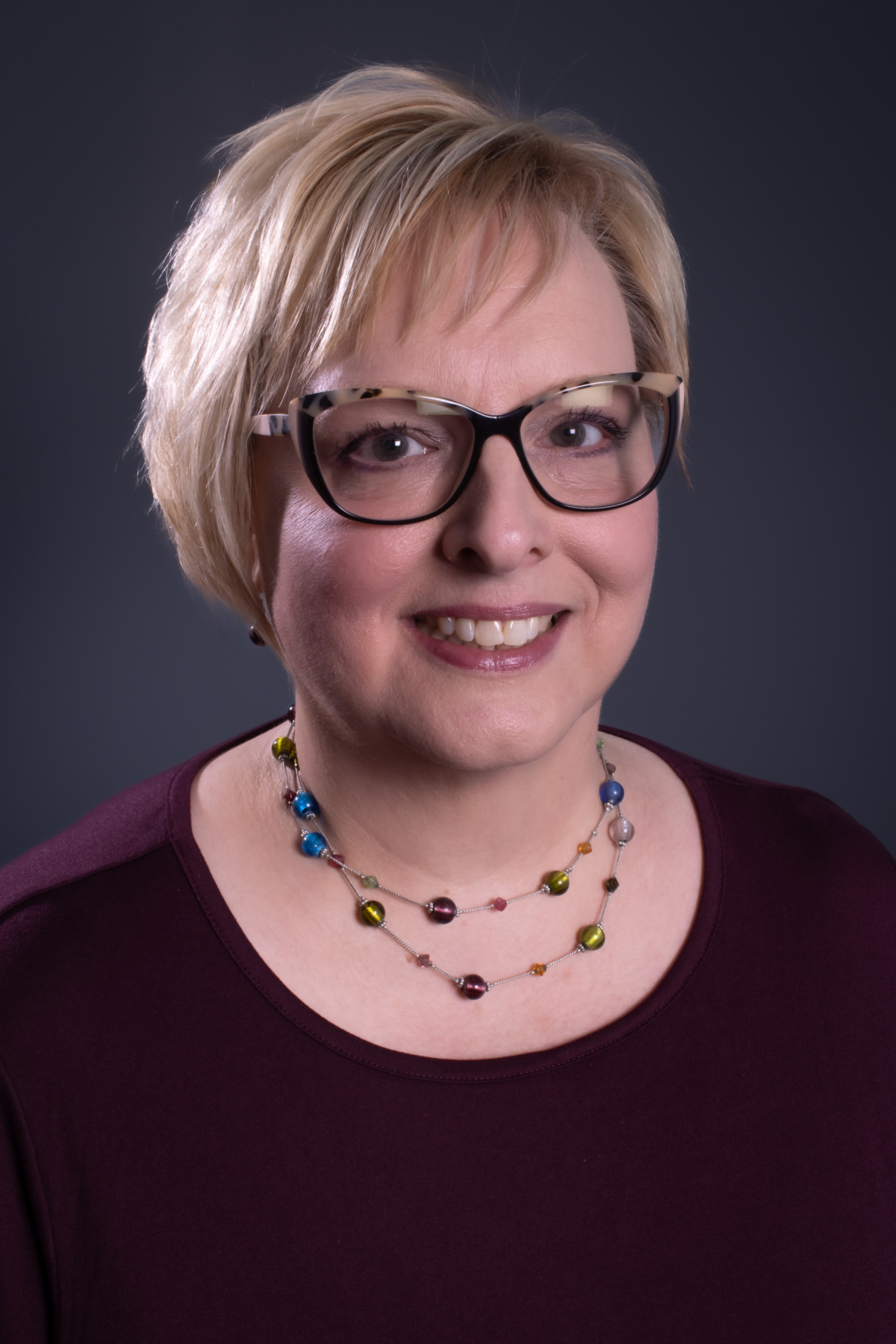Probe into history education passes crucial milestone
Scott Lingley - 31 October 2023
 Thinking Historically for Canada’s Future, the first comprehensive investigation of how history is taught across Canada in more than 50 years, has almost completed its first phase. Project director Carla Peck, a professor of social studies education at the U of A Faculty of Education, says an early finding from a survey of more than 2,000 students points to what makes this research so important.
Thinking Historically for Canada’s Future, the first comprehensive investigation of how history is taught across Canada in more than 50 years, has almost completed its first phase. Project director Carla Peck, a professor of social studies education at the U of A Faculty of Education, says an early finding from a survey of more than 2,000 students points to what makes this research so important.
“One of the things that jumped out for me from our National Youth Survey is that the students across all ages said they thought history was important but they weren’t finding it all that interesting at school,” Peck said. “Students who reported they engaged in more active historical thinking kind of activities — working with evidence, developing their own conclusions and judgments about different historical events or actors — reported that they found history more interesting or relevant to their lives.”
Peck received a $2.5 million Partnership Grant from the Social Sciences and Humanities Research Council of Canada (SSHRC) in 2019 to investigate the potential for history to help students engage with key challenges facing Canadian society. Additional funding from partners, comprising 17 universities and 31 educational and history organizations, brings the project budget to more than $8.6 million over seven years.
“History isn’t just about facts and dates, it’s about understanding people and understanding our society,” Peck said. “We need a strong understanding of our past to shape our future.”
Despite the obstacles to in-person research and collaboration presented by the COVID-19 pandemic, Peck and her team were able to submit their midterm report to SSHRC last year showing their progress.
“This was a very high-stakes report because if we did not meet our stated goals and if the external committee SSHRC used to review the report did not think we had met our goals, we would not have received the second half of our funding,” Peck said.
“We got the results in March and we were successful, and we met or exceeded expectations in all categories. For example, over the first three years of the project we mentored 63 graduate students across the country, which is massive, and that was noted as quite an accomplishment.”
Informing public discourse
Phase 1 of the project has focused on documenting the current state of history education in each province and territory in the areas of curriculum and resources, teaching and learning, and teacher education and professional development. Phase 2 will use this data as the basis to propose innovative approaches that schools and other educational institutions and project partners in these jurisdictions may wish to explore.
But the resulting information isn’t just for educators or academics. Peck says it’s important to contribute to the public conversation around history and social studies curriculum, especially as it has become a hot-button issue in the current political climate.
“Given how contentious history and social studies education can be, we’re trying to really provide a sound knowledge base on which policy makers and the general public can make decisions about what’s important in history education — both what should be taught but also how it should be taught,” Peck said. “Our goal is always to bring research and scholarly expertise forward in a way that anyone can understand.”
Why learning to think historically matters
Peck notes that the kinds of skills historical thinking instills are exactly the kinds of skills needed to engage with the controversial topics and social challenges students are likely to encounter beyond the classroom.
“That’s what kids actually want to study. We know from research they’re interested in controversial issues but they arrive at school without the tools to discuss them in rational ways. So history education is fundamental for helping students understand and develop the capacity to engage in controversial topics that goes beyond ad hominem attacks or just surface-level exploration,” Peck said.
“A deep understanding about how you work with evidence, how you develop arguments, how you understand multiple perspectives on an issue — that’s all part of a strong approach to history education and that’s what will equip our citizens to talk about controversial issues in a more meaningful and productive way.”
To stay informed about the project, visit the Thinking Historically for Canada’s Future website to sign up for the newsletter.